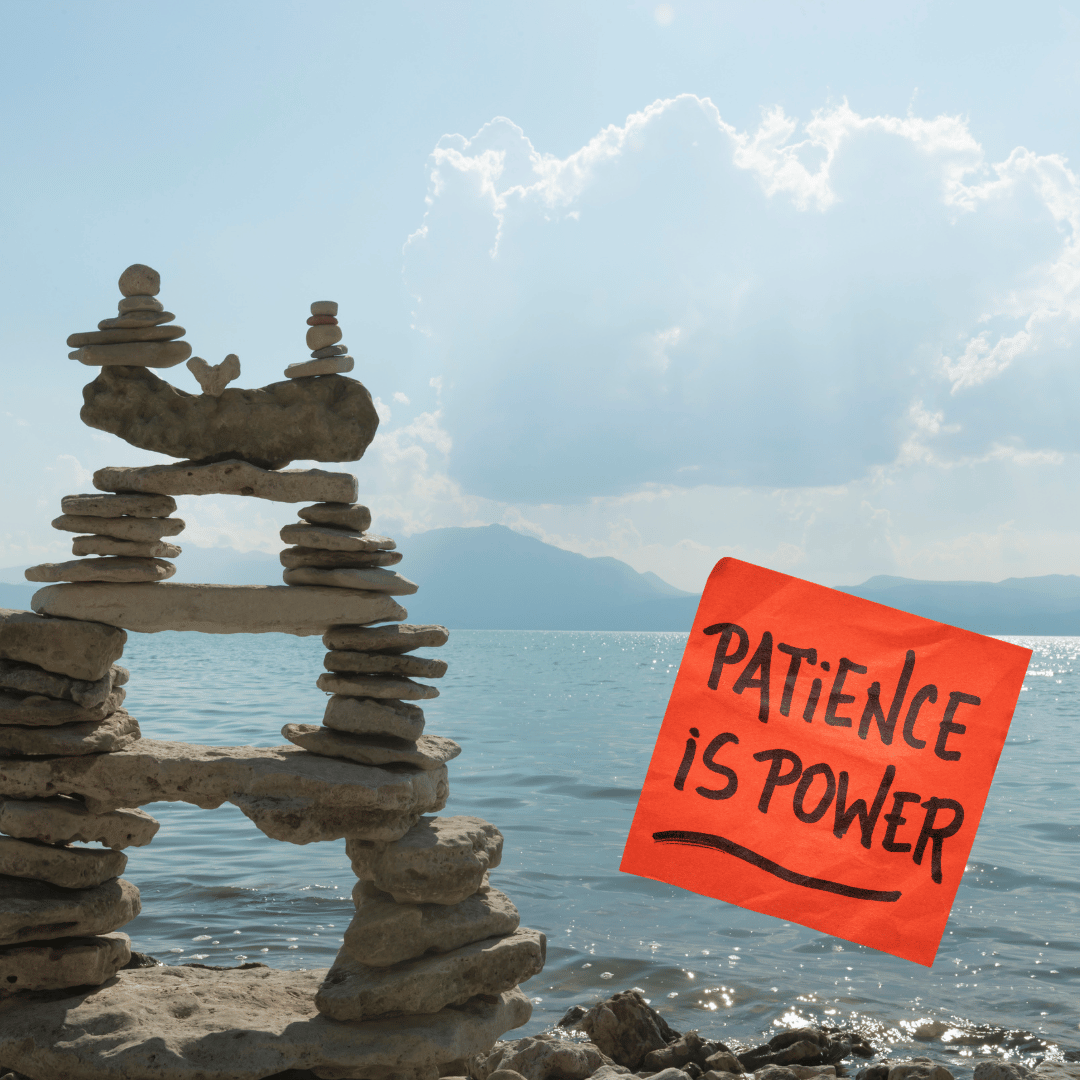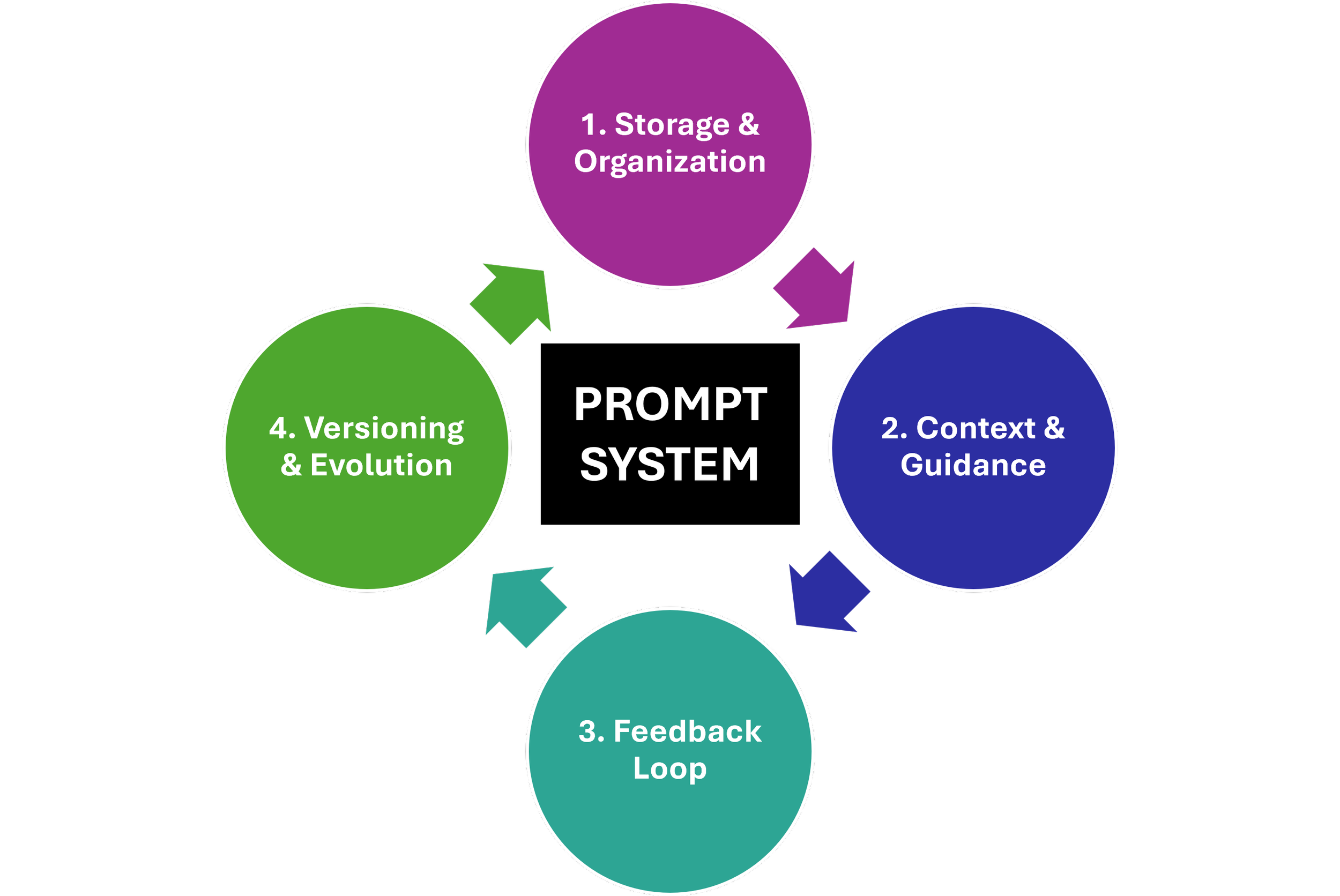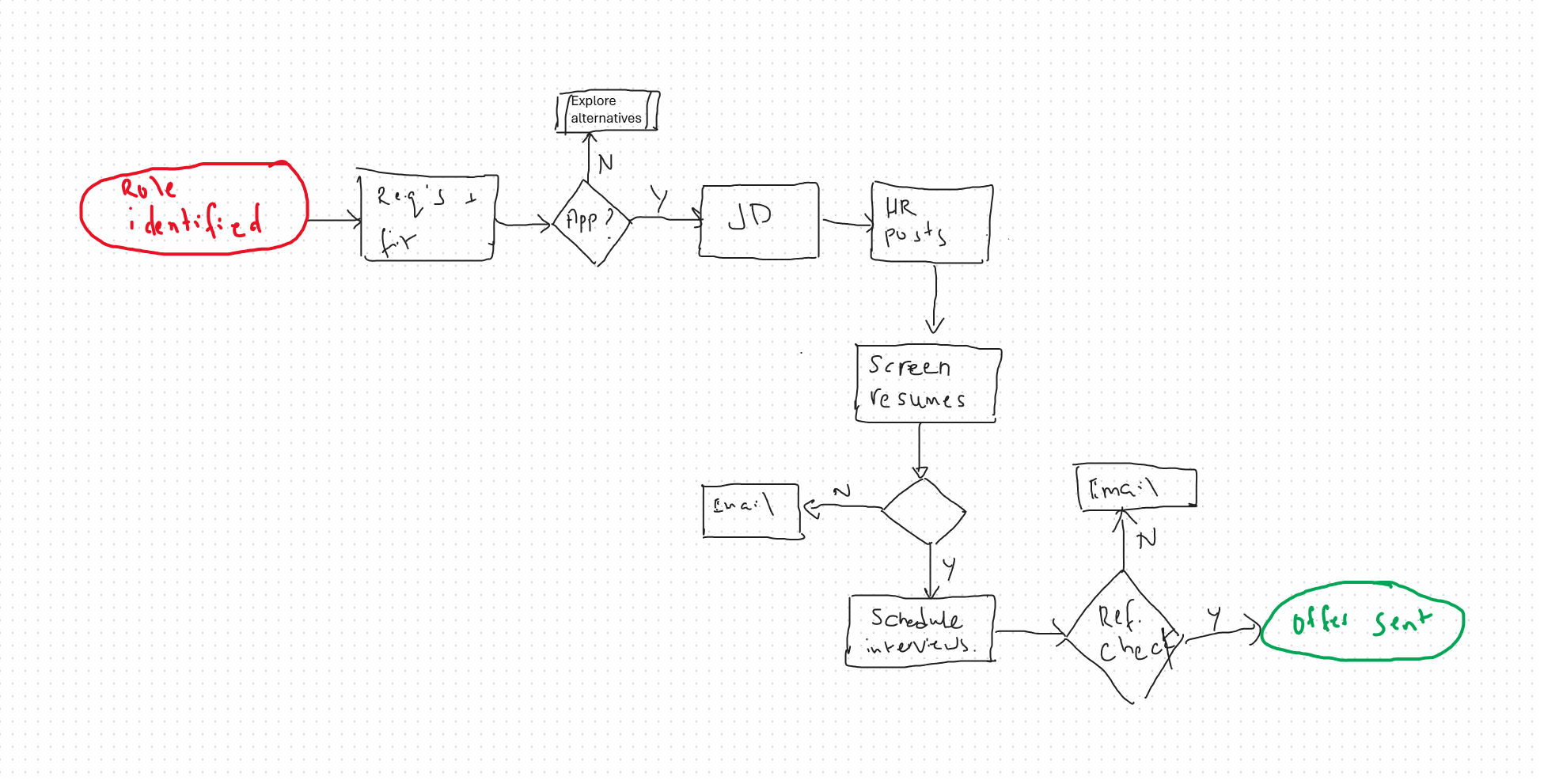Do you need the best people to build a great team?
I'm a fan of Canadian author, Louise Penny. She's written 19(!) novels in the Three Pines series centered in a little village in Quebec, Canada.
The books are part mystery and part moral tale, with heaps of heart. When I need to relax, I turn to “cozy” mysteries with great characters and set in a beautiful village like Three Pines.
The lead character, Armand Gamache, is a senior homicide detective at the Quebec police department (called the Sûreté). He's principled, a loving family man, and someone with a very tough job.
A shot from the Three Pines TV show, which was cancelled, but showed one of my favourite literary places: Oliver’s Bistro in the village. The croissants, the cozy fire, the lovely drinks…it has it all! Image Credit: Globe and Mail
Gamache is a leader who is not afraid to show vulnerability, even in a culture like a huge police department. It’s a cliche, but people are expected to be 'tough', and aggression and bullying are rewarded.
That complexity of balancing vulnerability with toughness is part of what keeps bringing me back to these novels.
There’s a moment in the latest novel, The Grey Wolf that stuck with me. It’s not central to the plot, but it says a lot:
“The homicide department of the Sûreté, made up of agents no one else wanted, was the most successful in the country. Because Armand Gamache knew something his colleagues did not. That given direction, clear expectations, and encouragement, given a second chance, people could flourish.”
—The Grey Wolf, p. 89
That idea that people flourish under the right conditions, and not because of some innate brilliance, runs counter to common hiring practices today.
Hiring is what this post is about, and what role talent vs. leadership plays.
The Common Belief
Even in this age of AI, hiring still revolves around credentials. The best resumes. The most experience. Best Universities, Big Tech, “top of their class.”
We assume that people who’ve succeeded before will succeed again.
And sometimes, they do. High performers can have an outsized impact, especially in roles that require creativity, initiative, or deep expertise.
The research supports that, up to a point. For example, a meta-analysis published in Personnel Psychology found that high general mental ability correlates with job performance—especially in complex roles.
But here’s the thing: that approach makes hiring the shortcut. It assumes the work environment is static, and the only variable worth optimizing is the person.
What if that’s backward?
Systems and Leadership Might Matter More
What The Grey Wolf quietly argues, through Gamache’s actions, is that most people don’t fail because they lack intelligence or drive. They fail because they haven’t had the right support, or clear expectations, or room to recover from past mistakes.
Gamache doesn’t lower the bar. He’s exacting, principled, and not afraid to hold people accountable. But he also leads with a kind of, shocking, patience. Especially for someone leading a police department I think!
He listens more than he talks. He admits when he’s wrong. He lets people make mistakes—and helps them learn from them. It’s not softness; it’s strength in a different form.
And here’s where fiction and research start to line up.
A few years ago, Google ran a project called Project Aristotle to figure out what makes teams effective. They assumed the best teams would be made up of the most talented people. But that wasn’t it. What mattered most—by far—was psychological safety. The ability to speak up, take risks, and even fail without fear of punishment.
“The highest-performing teams have one thing in common: psychological safety—the belief that you won’t be punished when you make a mistake.”
—Harvard Business Review, 2017
Gamache, fictional as he may be, builds that safety. Not by being everyone’s friend, but by being clear, consistent, and human.
What the Research Says
So how much does this really matter, outside of novels and tech company experiments?
Turns out, quite a bit.
Psychological safety improves team learning, creativity, and retention. In a classic study, Amy Edmondson found that medical teams with more reported mistakes actually performed better—because they felt safe enough to report them in the first place.
"Sink or swim" cultures aren’t just ineffective—they’re expensive. Gallup’s research shows that employee disengagement cost the U.S. economy nearly $1.9 trillion in lost productivity in 2023.
Internal hires—people who’ve been developed within the company—often outperform external ones in the long run. According to Harvard Business Review, internal candidates not only succeed more often, but when they’re passed over, they’re almost twice as likely to quit.
So What?
It's easy to default to hiring as the solution. Especially now, when AI promises to make everything more efficient. The assumption is: get the right people, give them the right tools, and step back.
But here's what I've learned from my own management journey: the problems that seem like talent problems are often systems problems in disguise.
Credit: Edited with Canva Pro, Getty Images
When a project stalled or someone wasn't performing, my first thought was often about fit—maybe they weren't the right person after all. It took me longer than I'd like to admit to ask: What am I not providing that they need to succeed?
I'm still working on this. The patience and vulnerability that Gamache shows don't come naturally in a work environment that rewards quick decisions and confident answers. But every time I've slowed down—really listened instead of jumping to solutions—the dynamic shifted.
So yes, AI might make things faster. But faster isn't the same as better. And the best teams I've been part of weren't the ones with the smartest people. They were the ones where people felt safe enough to be honest about what they didn't know. Places where people felt safe enough to say "I don't know" or "this isn't working" without fear of being written off.
So maybe start there. Before your next hire, ask your current team: What would help you do your best work? What's getting in your way? And then—this is the hard part—actually listen to the answers.
Because talent helps. But structure is what keeps it from falling apart. And sometimes the person you need to develop first is yourself.




